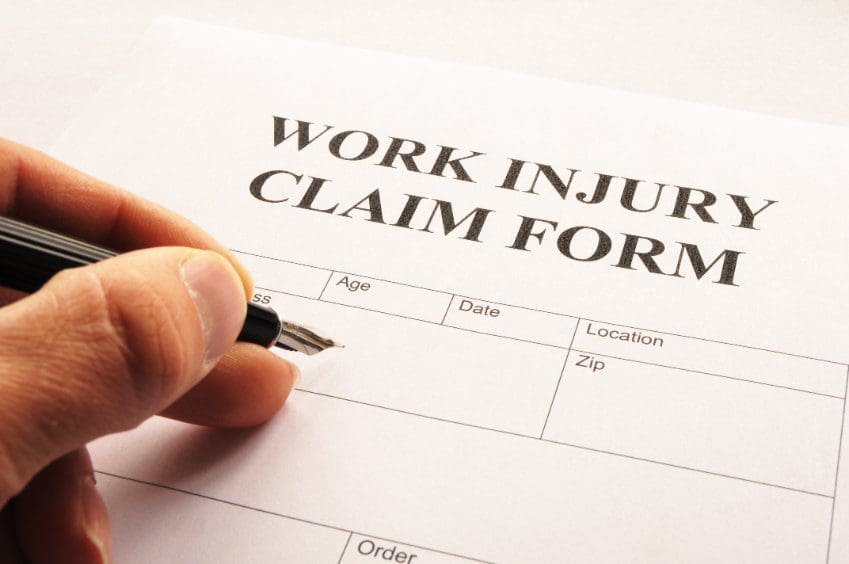If you have been injured on the job, you may wonder about your rights.
In this post, we will provide a comprehensive list of your options, including things like filing a workers’ compensation claim, firms like RIL representing those injured on the job, seeking damages in a personal injury lawsuit, or filing for unemployment benefits.
We will also explain the process of filing a claim and the steps that you will need to take in order to make an effective claim. So if you have been injured on the job, read on to find out what your options are!
What Do You Do After An Injury?
If you’re injured on the job, there are a few things you need to know. First and foremost, you should contact your employer as soon as possible to let them know that you’re injured. This will help them to properly handle the situation and minimize any potential damage.
You also need to make sure that you receive medical attention as soon as possible. If your injury is minor, then you may be able to treat it at home yourself. However, if your injury is more serious or complicated, then you’ll need professional medical help.
Once you have received medical attention and have everything taken care of with your employer, it’s time to start looking for a settlement or compensation package. This will depend on a number of factors, including how serious the injury is and how long it has been since the accident occurred.
You should also speak with an attorney who can provide guidance and support throughout this process.
1) Workers’ Compensation
If you have been hurt on the job and are covered by workers’ compensation, your employer is required to pay your medical expenses and lost wages. In most cases, the insurance company will also fund a percentage of your legal fees to pursue any legal action.
To file a claim, simply contact your workers’ compensation insurance carrier (either through their website or toll-free number) and provide them with all of the relevant information: Your full name; Date of Injury; Place of Injury; Description of Injury; Names and addresses for doctors and other medical professionals involved.
The insurance company will then begin an investigation into your case and provide you with a report outlining its findings. From here, you can decide whether to file a claim or not. If you decide to file a claim, the insurance company will typically require that you undergo physical examinations and/or X-rays required to process your claim.
If successful in filing for workers’ compensation benefits, make sure to keep all relevant documentation (docs confirming injuries were sustained while working, etc) as it may be necessary in order to receive benefits on an ongoing basis.
2) Unemployment Insurance
In case of loss of employment due to workplace injury, you may be eligible for unemployment insurance. Unemployment insurance provides income support while you are out of work and looking for a new job.
To be eligible, you must have been unemployed for at least six weeks and have been actively seeking employment.
The minimum benefit amount depends on your state. You also need to meet certain eligibility requirements, such as being a US citizen or naturalized citizen, having a valid social security number, and being able to provide proof of residence.
If you are approved for unemployment insurance benefits, the government will pay your regular salary while you are claiming it. This means that even if your disability leaves you unable to work full time, you will still receive a regular paycheck from the government.
In addition to unemployment insurance, there are other benefits available to people who are injured on the job. These include Social Security Disability Insurance (SSDI), which provides income protection during periods of disability.
Speak with an attorney about your specific situation to get more information about what’s best for you.
Conclusion
An accident at work can leave you physically disabled and unfit to do your job. There are few laws that cover employee injuries; however, with proper legal assistance, it is possible to get the compensation you need.
For example, if you have been diagnosed with an injury like a backache or neck pain after an accident, you may be eligible for worker’s compensation benefits — which could include financial compensation as well as medical care.
In case of incapacity due to workplace injury caused especially if you work in the oil and gas industry, it is important that you seek legal help immediately so that your claims can be processed in a matter of months rather than years!
Oil and gas operations are commonly found in remote locations far from company headquarters. Now, it's possible to monitor pump operations, collate and analyze seismic data, and track employees around the world from almost anywhere. Whether employees are in the office or in the field, the internet and related applications enable a greater multidirectional flow of information – and control – than ever before.











